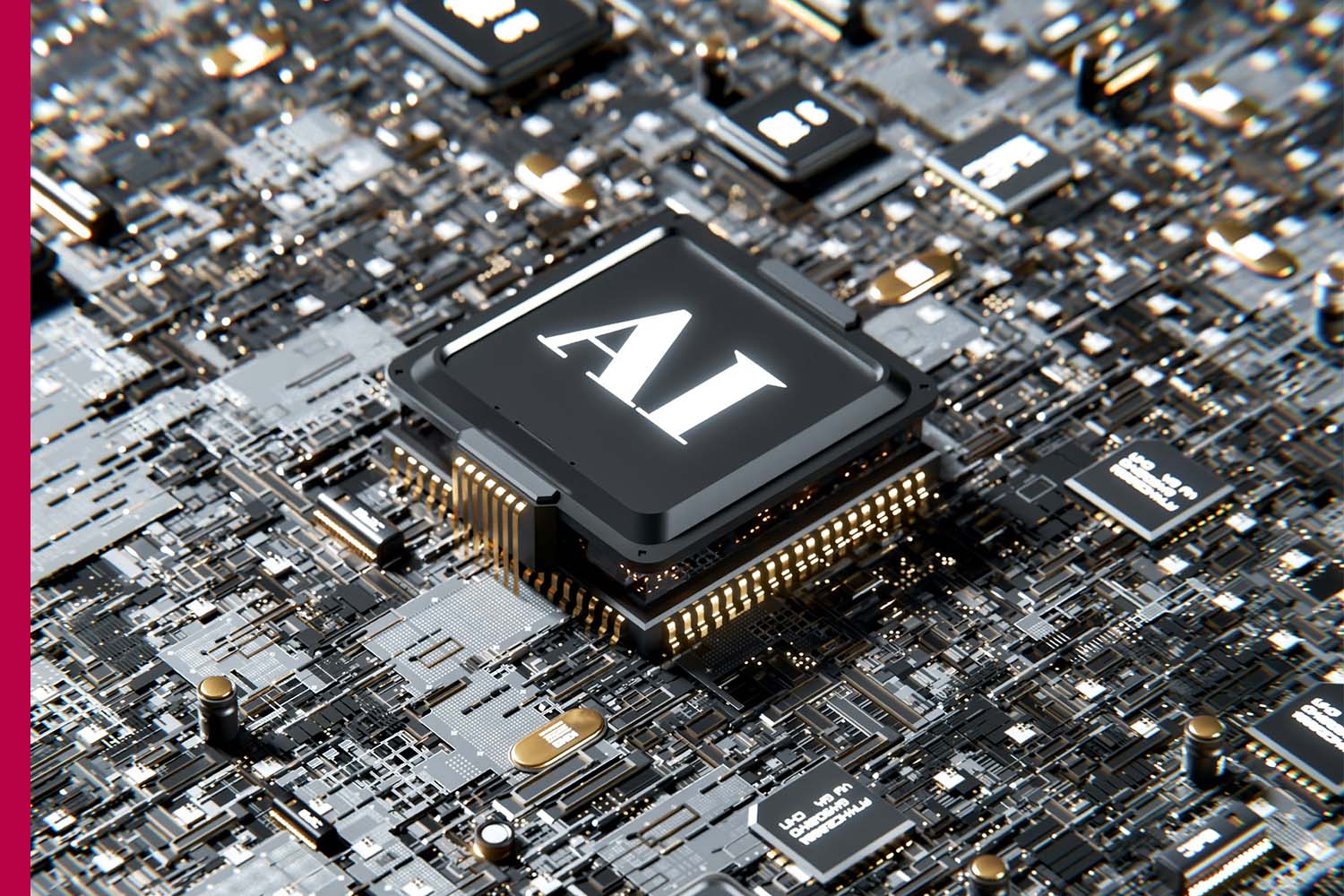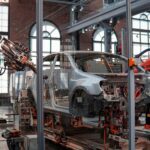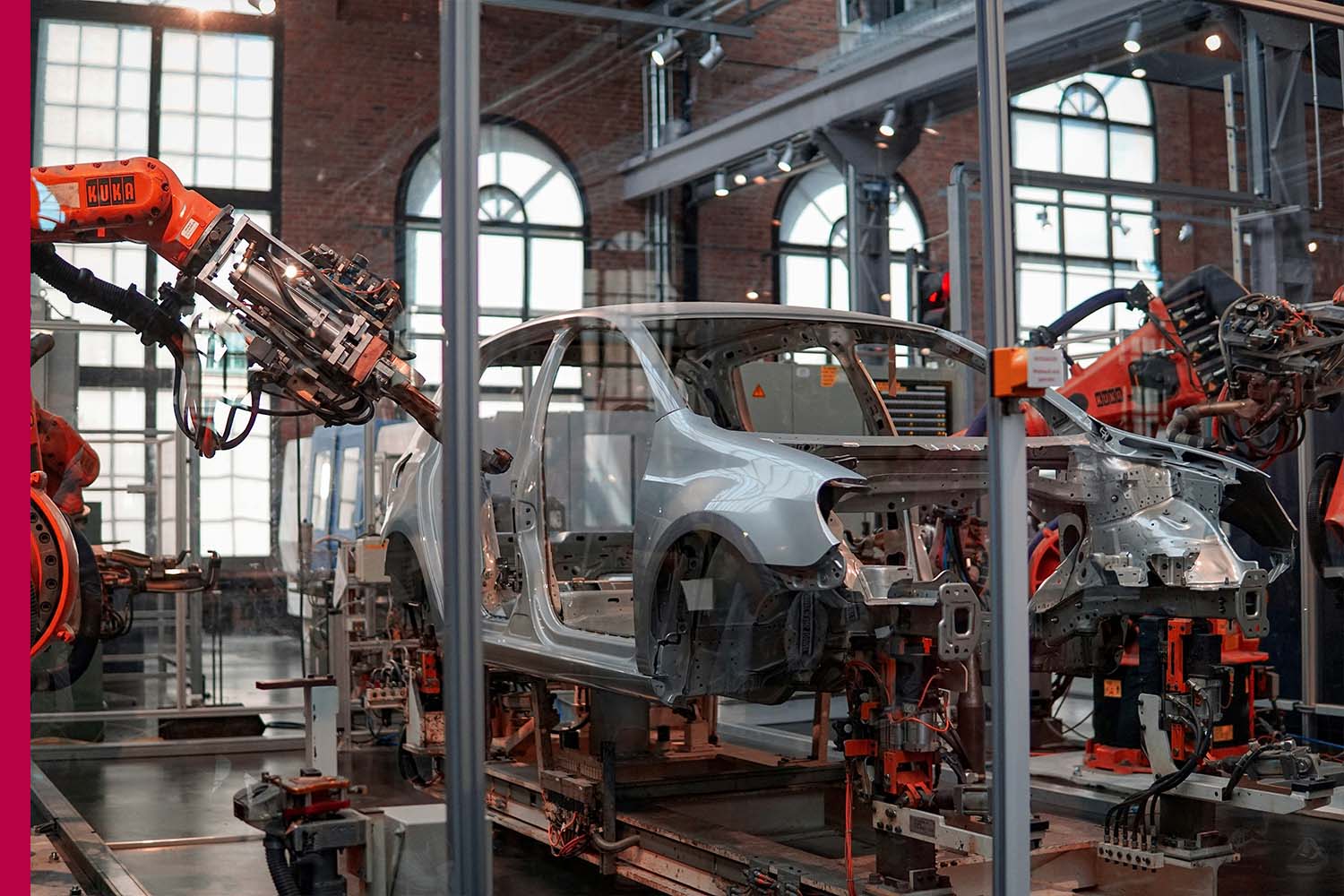In recent years, automation has evolved from simple mechanical processes to highly intelligent systems powered by artificial intelligence (AI) and machine learning (ML). What was once a tool for speeding up repetitive tasks has now become a transformative force reshaping entire industries. This new era, often referred to as intelligent automation, is not only improving efficiency but also enabling smarter decision-making across business operations.
What is Intelligent Automation?
Intelligent automation is the combination of traditional automation technologies, like robotic process automation (RPA), with AI capabilities such as natural language processing, computer vision, and predictive analytics. Unlike conventional automation, which follows predefined rules, intelligent automation can learn, adapt, and make decisions, allowing systems to handle complex and dynamic workflows.
Applications Across Industries
- Manufacturing:
AI-powered robots are increasingly being deployed in factories for tasks ranging from assembly to quality control. Predictive maintenance systems analyze sensor data to predict equipment failures before they occur, reducing downtime and saving millions in operational costs. - Customer Support:
Chatbots and virtual assistants now handle a wide range of customer queries autonomously. With natural language understanding, these AI systems can interpret user intent, respond appropriately, and even escalate issues when necessary, improving customer satisfaction and reducing human workload. - Finance and Banking:
Intelligent automation is streamlining processes such as fraud detection, loan approvals, and compliance monitoring. By analyzing large volumes of transactions in real-time, AI systems can spot anomalies faster than human analysts. - Healthcare:
From automating administrative tasks to assisting in diagnostics, AI-driven automation is transforming patient care. Intelligent systems can analyze medical images, predict disease patterns, and help doctors make more accurate decisions.
Benefits of Intelligent Automation
- Efficiency: Tasks that once took hours can now be completed in minutes.
- Accuracy: AI reduces human errors, especially in data-intensive processes.
- Cost Savings: Automation reduces labor costs and operational inefficiencies.
- Scalability: Businesses can scale operations rapidly without a proportional increase in workforce.
- Innovation: Freeing employees from repetitive tasks allows them to focus on creative and strategic initiatives.
Challenges to Consider
While intelligent automation offers immense benefits, it also comes with challenges. Implementing AI systems can require significant upfront investment and technical expertise. There are also concerns about data privacy, security, and the impact on the workforce, which organizations need to address thoughtfully.
The Future of Workflows
The integration of AI and automation is no longer a futuristic concept—it’s happening now. As intelligent automation continues to evolve, businesses that adopt these technologies will gain a competitive edge by improving productivity, enhancing customer experiences, and fostering innovation. In conclusion, intelligent automation is redefining workflows across industries. By combining the speed and precision of automation with the cognitive capabilities of AI, organizations can achieve unprecedented efficiency and smarter decision-making, paving the way for a more innovative and agile future.












